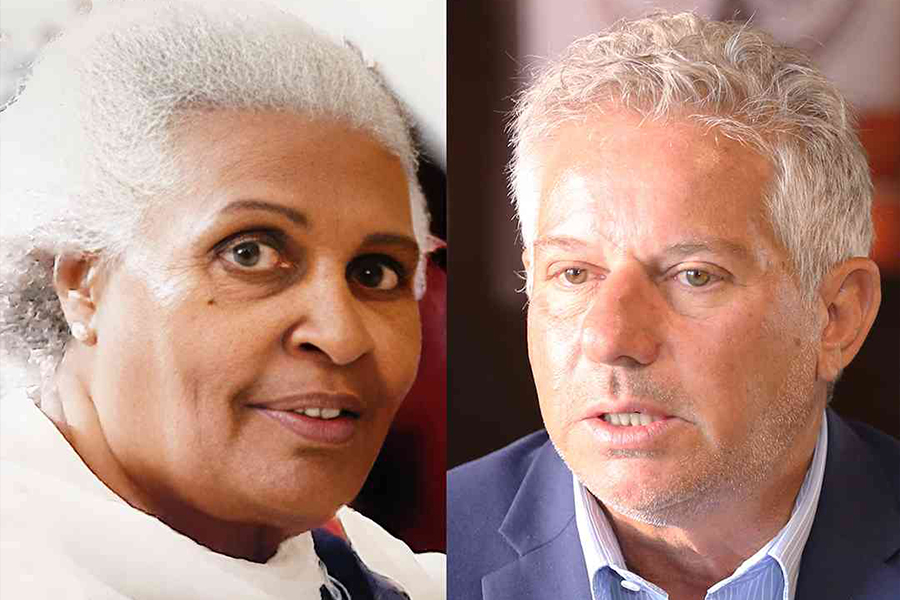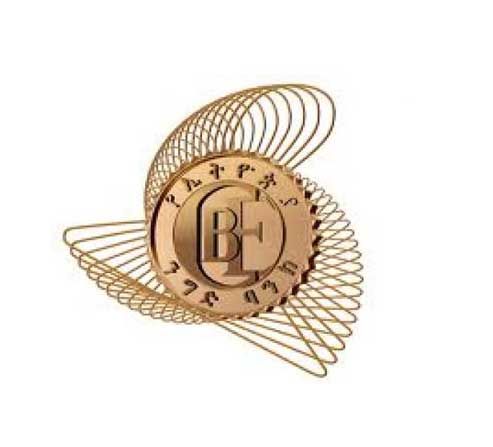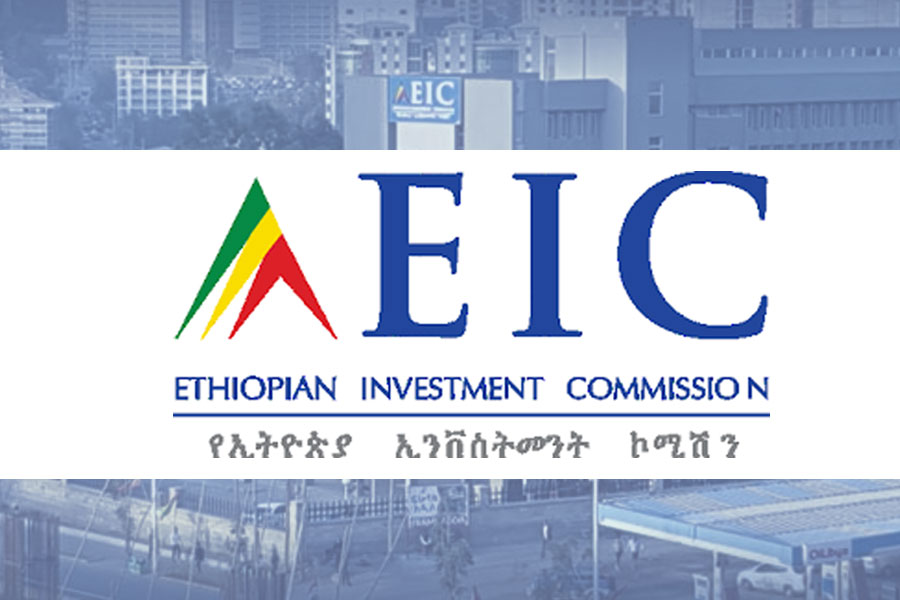
Fortune News | Aug 04,2024
Mar 7 , 2020
By Dejen Yemane
It has been nine years since Ethiopia launched the construction of its giant hydro-electric dam on the Blue Nile River. Downstream nations' demurral begun in the same year. Many unsuccessful negotiations have taken place in the course of the Dam's construction, but the United States' recent intervention gives a new but deadlocked shape to the endless dispute over the Blue Nile River.
Egypt’s strategy, from A to Z, has been to block any attempt by Ethiopia to have more control over the flow of the Blue Nile waters. This old-fashioned but nuanced position of Egypt escalates the dispute among the African nations. There should be a responsible approach in handling the dispute, which is dropping such obsolete bargaining positions on Egypt’s side and using amicable dispute resolution mechanisms without having to take the matter outside of Africa.
A careful examination of the trajectory of the talks over the Grand Ethiopian Renaissance Dam (GERD) makes it obvious that the real causes for the dispute are political, rather than scientific or legal. The latter two are camouflage for the centrepiece of the dispute. There is an absence of evidence demonstrating that filling the reservoir would appreciably harm the flow of the Nile, despite Egypt’s intractability toward these facts. Existing legal principles are more than enough to guarantee Egypt’s water use rights from the Blue Nile River.
The secret behind Egypt’s intransigence lies in the preservation of the status quo of the water use and continuance of hydro hegemony in the Nile Basin. This position has been evident ever since the start of the negotiations. There has been no attempt to drop the sentiment of hegemony even in the presence of concessions from Ethiopia’s side. Ethiopia’s concession thus gives leeway to Egypt to enlarge its demands in the process of the negotiations.
In the situation where Ethiopia has taken all necessary steps before starting its first filling, as provided by the 2015 Declaration of Principles, Egypt’s appeal to America’s mediation was bizarre. The North African country is using this strategy as a last ditch effort to reaffirm its colonial-era water appropriation rights, which will remain a pipedream if Ethiopia holds firm.
Egypt’s determination to maintain its hydro hegemony over the Nile River has led to this unnecessary diplomatic stalemate, bringing the US on board the Nile dispute.
The United States’ participation in the Blue Nile saga was viewed with scepticism from the beginning. The shifting roles played by the country in the negotiations reveal its partisanship toward Egypt. It is no longer an observer, as was stated earlier, but has begun drafting the terms of the agreement.
The reason President Donald Trump’s administration wishes to give Egypt the advantage has largely been seen as a quid pro quo to get the Egyptians onboard with the US’ Middle East peace plan. Trump is eager to take the credit by pushing the states to sign the deal, according to observers. Hence, Ethiopia’s interests appear to be counterproductive to America’s interests. Ethiopia is unwilling to accept the draft agreement prepared by America due to its scope and unbalanced nature.
The recent statement made by the US Treasury Department blatantly shows America’s partisanship toward Egypt. Ethiopia rejected the statement outright and the US seems to have hit a wall at the moment. Ethiopia will not go to Washington to discuss the deal prepared by the US. The negotiation, however, may be continued among the three nations if Sudan and Egypt accept Ethiopia’s call for a continuation of the talks.
It has been all the more interesting that America’s statement was coincidentally published on the eve of the 124th commemoration of the Adwa victory, the date when Ethiopia's forefathers paid a matchless price for this country's sovereignty. The public uttered its regrets when it saw that the US had struck a blow to our sense of independence.
“Final testing and fillings should not take place without an agreement,” said the US’ statement.
Social media platforms were awash with patriotic sentiments, calling for the US to cease pressuring Ethiopia over its dam. The US should know that the Blue Nile is our river and that the GERD is our dam.
The Ethiopian government has likewise pushed back, insisting that this was "not the outcome of the negotiation" with Egypt and Sudan that it was looking for. The government also noted its commitment to continuing the negotiations.
On Ethiopia’s absence from the last round of the Washington talks, Egypt warned that Ethiopia must sign the deal. The country has indicated its determination to use all available means to protect the interests of its people. Such expressions are not new from the Egyptian side, as hawkish rhetoric is not new to Egypt’s leaders in their attempt to maintain their water hegemony.
There are fears that the two nations will go into a conventional war, but its possibility is almost zero. Neither of the two nations will go that far for a dispute that can easily be settled, provided that Egypt drops its insistence on an old-fashioned approach.
If the current government of Egypt is highly concerned about its people and wishes to strike a deal that positively impacts generations, an egotistic approach toward the Blue Nile dispute is neither economical nor sustainable. In a diplomatic era that encourages socio-politically-inspired development and favors countries like Ethiopia, Egypt should be cautious and vigilant.
Today’s competing interests over the Nile River may not always be officiated around a negotiating table and Ethiopia may not always show this level of patience and cooperation current leaders have shown.
Egypt should be grateful for Ethiopia’s leniency in the recent talks, which has recently threatened its sovereignty. Ethiopians are furiously blaming their government for its lenient approach. This resistance hints that Ethiopians are determined to stand united in order to ensure their rights to the Blue Nile River.
For a win-win solution, Egypt must drop its old-fashioned position, and any potential deal should be limited to the first filling and annual operation of the GERD. Water allocation in the guise of deciding the filling and operation guidelines is not acceptable and escalates the dispute.
The US-drafted agreement, signed by Egypt, should be forgotten. The Ethiopian government, on the other hand, should be careful in preparing the draft deal on the first filling and annual operation of the GERD. Any unwarranted concession will be rejected outright by the public.
PUBLISHED ON
Mar 07,2020 [ VOL
20 , NO
1036]


Fortune News | Aug 04,2024

Viewpoints | Apr 03,2021

Fortune News | Feb 13,2021

Radar | Nov 28,2020

Fortune News | Dec 19,2020

Fortune News | Apr 13,2025

Editorial | May 25,2019

Commentaries | Jun 27,2020

Fortune News | Jul 13,2025

My Opinion | Aug 01,2020

Photo Gallery | 176923 Views | May 06,2019

Photo Gallery | 167136 Views | Apr 26,2019

Photo Gallery | 157707 Views | Oct 06,2021

My Opinion | 136936 Views | Aug 14,2021

Dec 22 , 2024 . By TIZITA SHEWAFERAW
Charged with transforming colossal state-owned enterprises into modern and competitiv...

Aug 18 , 2024 . By AKSAH ITALO
Although predictable Yonas Zerihun's job in the ride-hailing service is not immune to...

Jul 28 , 2024 . By TIZITA SHEWAFERAW
Unhabitual, perhaps too many, Samuel Gebreyohannes, 38, used to occasionally enjoy a couple of beers at breakfast. However, he recently swit...

Jul 13 , 2024 . By AKSAH ITALO
Investors who rely on tractors, trucks, and field vehicles for commuting, transporting commodities, and f...

Oct 18 , 2025
The political establishment, notably the ruling party and its top brass, has become p...

Oct 11 , 2025
Ladislas Farago, a roving Associated Press (AP) correspondent, arrived in Ethiopia in...

Oct 4 , 2025
Eyob Tekalegn (PhD) had been in the Governor's chair for only weeks when, on Septembe...

Sep 27 , 2025
Four years into an experiment with “shock therapy” in education, the national moo...

Oct 18 , 2025 . By NAHOM AYELE
In a sweeping reform that upends nearly a decade of uniform health insurance contribu...

A bill that could transform the nutritional state sits in a limbo, even as the countr...

Oct 18 , 2025 . By SURAFEL MULUGETA
A long-planned directive to curb carbon emissions from fossil-fuel-powered vehicles h...

Oct 18 , 2025 . By BEZAWIT HULUAGER
Transaction advisors working with companies that hold over a quarter of a billion Bir...